Parents Raise Voices as New Jersey BOE Tackles Teaching LGBTQ History in School
 Credit: NJTV News
Credit: NJTV News
Text: John Mooney
Video report: Brenda Flanagan, NJTV News
When dozens of people descended on Trenton yesterday to speak out on — and mostly against — a new law requiring public schools teach about gay and transgender rights and history, they became the latest in a long line of New Jerseyans clashing over their school standards.
From sex education in the 1970s, the arts in the 1990s, and “common core” national standards a few years ago, public arguments about what public schools should be teaching have a rich history in New Jersey.
It wasn’t even just LGBTQ history yesterday. Climate change and all its attendant controversies were also on the docket, to be added more explicitly to the science and arts standards.
State Board of Education member Ronald Butcher has been through more than a few of 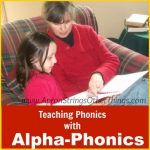 these debates as he enters his 30th year on the board that sets education standards for schools, an all-important task that drives local curricula and also state testing.
these debates as he enters his 30th year on the board that sets education standards for schools, an all-important task that drives local curricula and also state testing.
“The issue is what’s core,” Butcher said when asked what makes a standard. “It’s probably one of the biggest dilemmas that we face (on the board). What is core, and in so many hours in the day, how much can schools be expected to deliver and expect the kids to learn?”
Lining up to testify
There were starkly varying opinions yesterday whether LGBTQ history should be part of the core. At least 60 people signed up to testify on the topic, as renewed attention focused on a law passed a year ago that requires middle and high schools to include LGBTQ history in their curricula by the next school year.
The state Board of Education is now revising its standards across seven subject areas, and there was an assumption that LGBTQ studies would be included among a host of changes. The final vote on those standards is not expected until summer.
But the LGBTQ statute — only the second such law in the country — does not specifically require the topic to be included in the state’s learning standards. It reads that local middle and high schools “shall include instruction on the political, economic and social contributions (of people in the LGBTQ community) … at an appropriate place in the curriculum.” Its vagueness enabled state officials yesterday to avoid taking a stand on the issue — at least for the moment.

“This law was enacted by the Legislature and falls on school districts to implement,” read board President Kathy Goldenberg from a prepared statement. “The legislation did not grant the State Board of Education a policy-making role in this.”
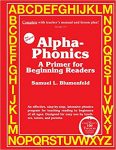 Nonetheless, she and others acknowledged that standards or at least guidelines from the state would likely have to follow, and some language has indeed already been added to proposed revisions in the social studies standards that will be coming before the board.
Nonetheless, she and others acknowledged that standards or at least guidelines from the state would likely have to follow, and some language has indeed already been added to proposed revisions in the social studies standards that will be coming before the board.
Among the additions, for example, is the expectation that schools and students specifically speak to the LGBTQ community: “Explore the various ways women, racial and ethnic minorities, the LGBTQ community, and individuals with disabilities have contributed to the American economy, politics and society.”
In another section: “Evaluate the extent to which women, minorities, individuals with gender preferences, and individuals with disabilities have met their goals of equality in the workplace, politics, and society.”
Fighting words
To many yesterday, those appeared to be fighting words. One after another in public testimony following the board’s meeting, what appeared to be an organized group from  across the state spoke out against the mandate as an infringement of individuals’ constitutional rights.
across the state spoke out against the mandate as an infringement of individuals’ constitutional rights.
Some of them, citing Scripture, said teaching about LGBTQ went against their religious beliefs, although several appeared to believe that the mandate meant teaching about LGBTQ sexuality itself rather than the history of LGBTQ rights and the community’s contributions.
“I am very offended that you let this pass and you’ve taken away my rights as a parent,” said Odalys Vasquez, a Carteret mother. “I gave birth to my children, not you, and you are forcing me to take my kids out of the public school.”
Not all who spoke were against the mandate, however. One teacher who said he was gay gave an impassioned talk in the face of the criticism. A school board member from

Reading from Alpha-Phonics
Gloucester County, herself a child psychologist, said the attention to LGBTQ populations was important for schools to make all children feel welcomed and belonging.
“Having a curriculum that includes marginalized groups is best for all students,” said Natalie Baker, a member of the Swedesboro-Woolwich board. “The LGBTQ curriculum is not sexual education. It is about including a group of people who have historically been excluded from our history books.”
WHAT DO YOU THINK? LET US KNOW BY CLICKING ON “CONTACT US” ON THE MENU BAR AT TOP OF THIS BLOG
Another controversial education issue is whether to emphasize teaching reading with phonics. For those who believe a solid phonics based curriculum is important ALPHA-PHONICS has become a leading choice, especially in Homeschooling. It has been used very successfully by Parents to teach their OWN children to read for over 36 years. Find out all about ALPHA-PHONICS by following the LINKS below:

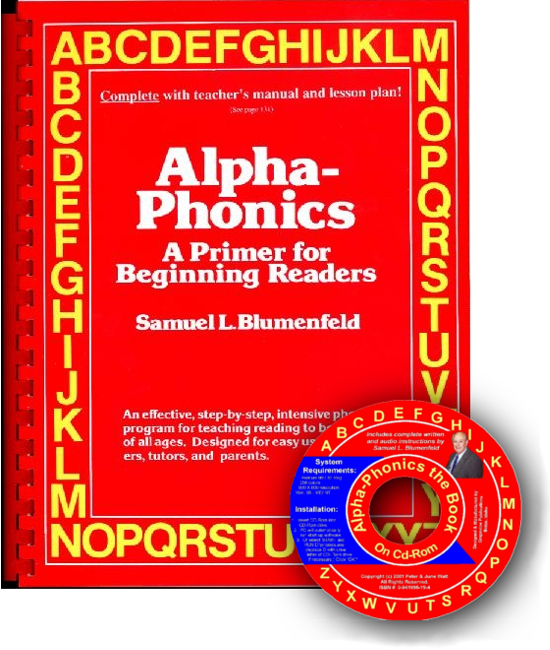 Alpha-Phonics
Alpha-Phonics The Alphabet Song!
The Alphabet Song! Water on the Floor
Water on the Floor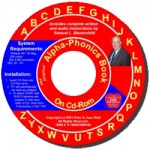 Alpha-Phonics the Book on CD Rom
Alpha-Phonics the Book on CD Rom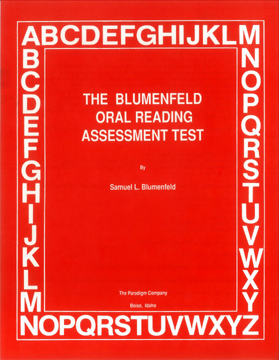 Blumenfeld Oral Reading Assessment Test
Blumenfeld Oral Reading Assessment Test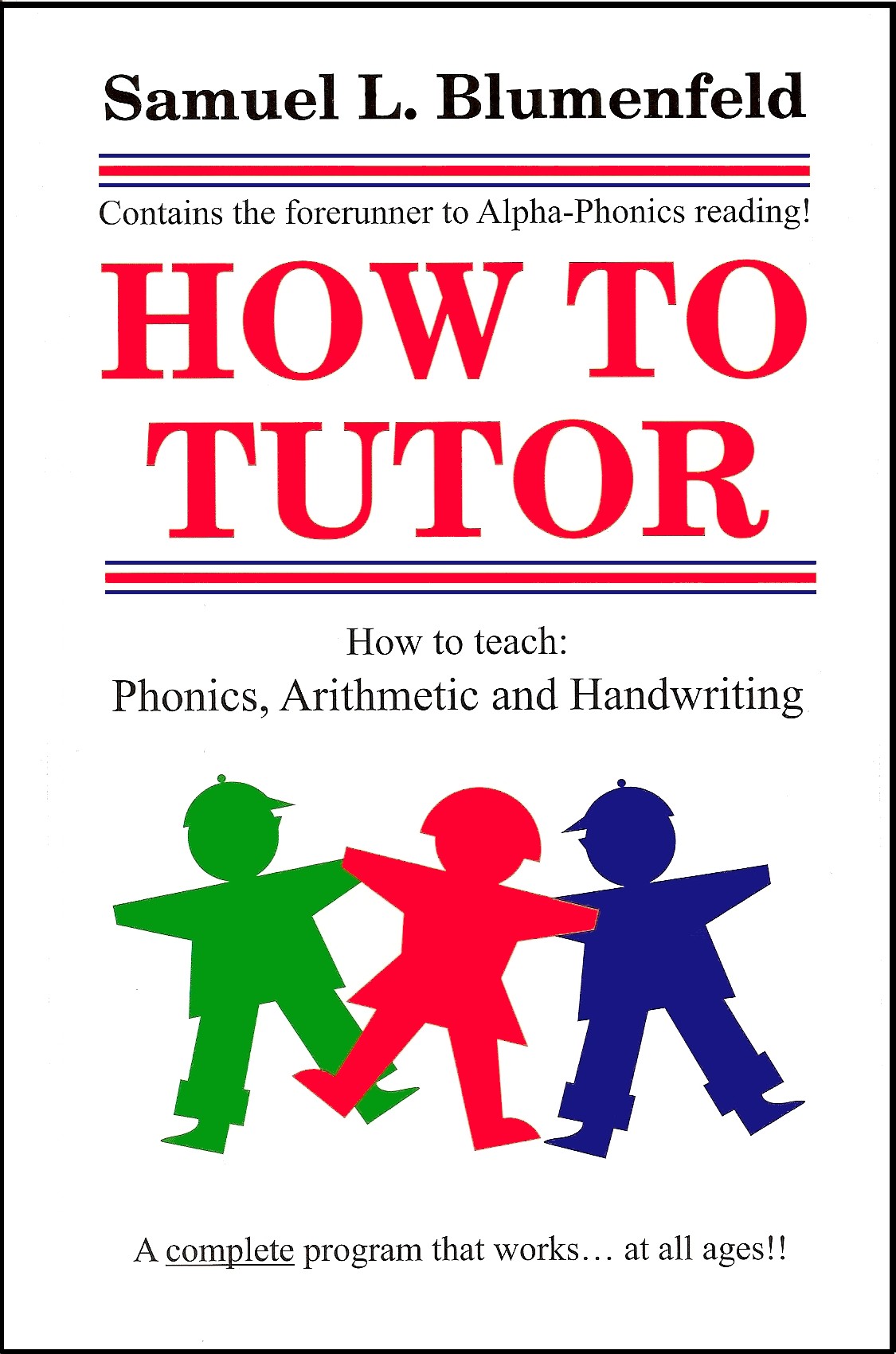 How To Tutor
How To Tutor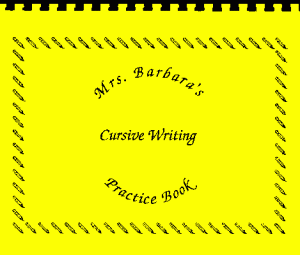 How To Tutor Cursive Handwriting Workbook
How To Tutor Cursive Handwriting Workbook